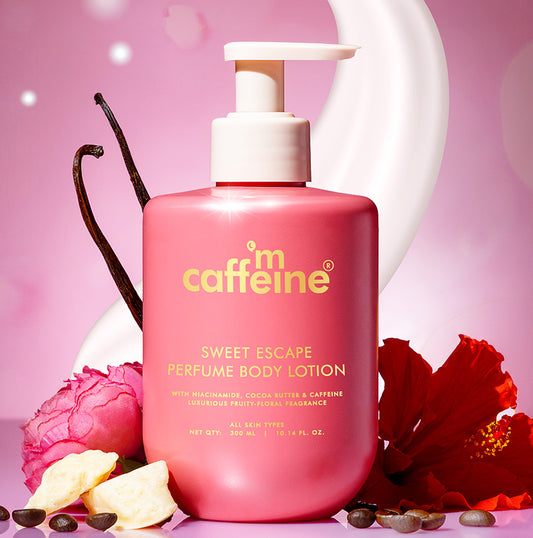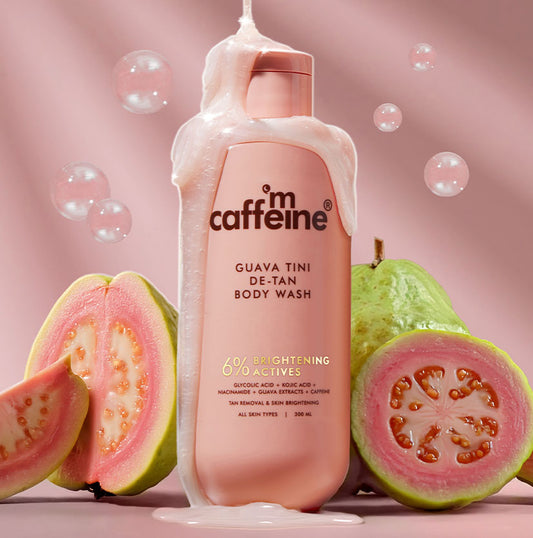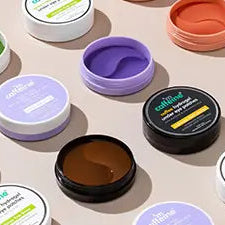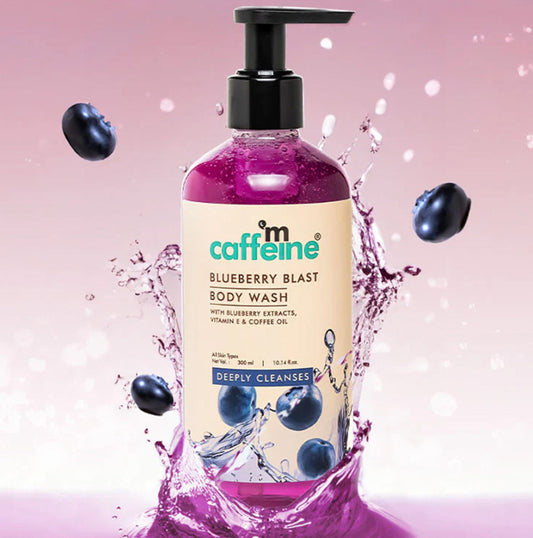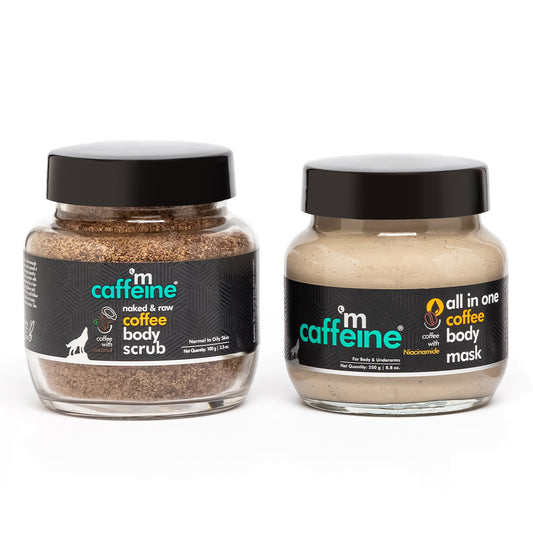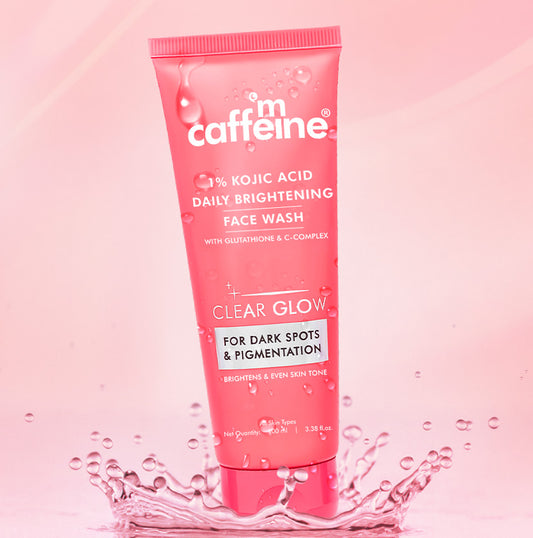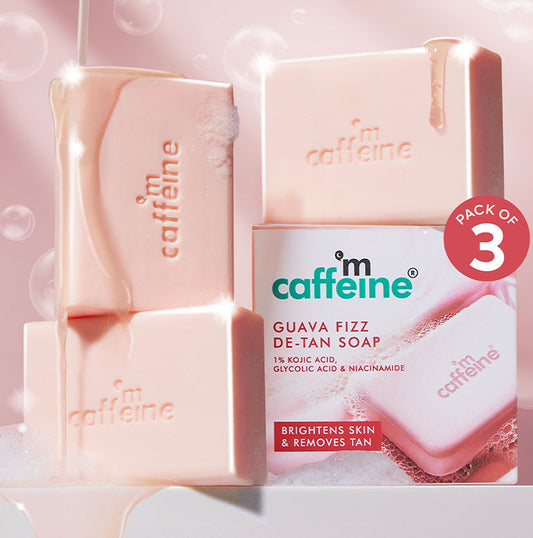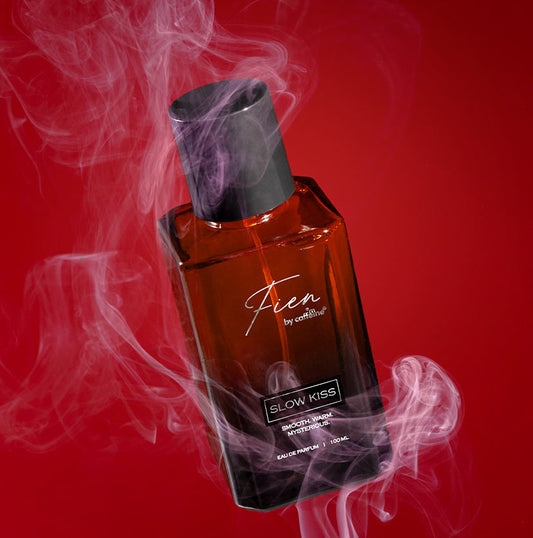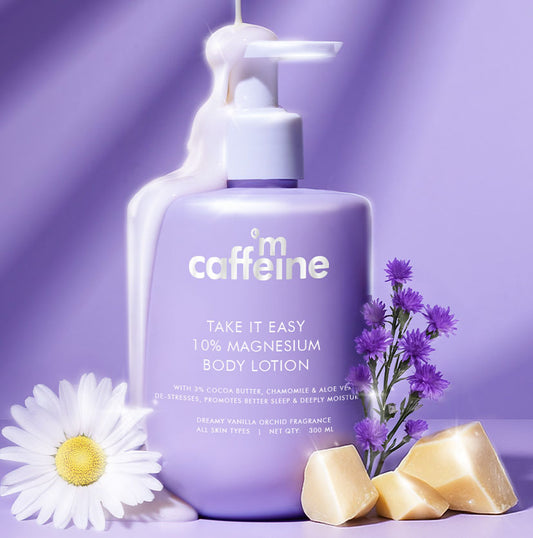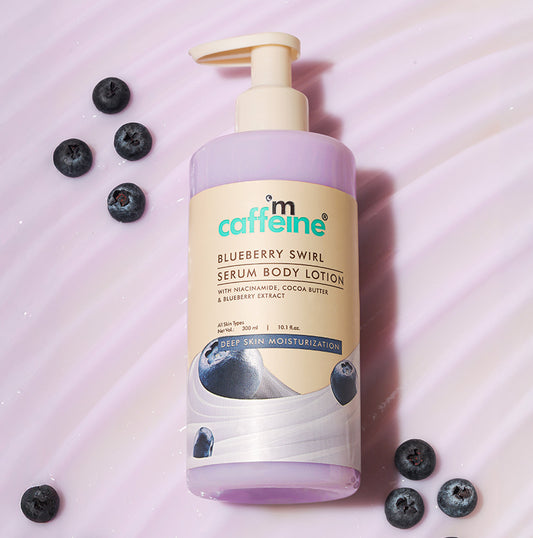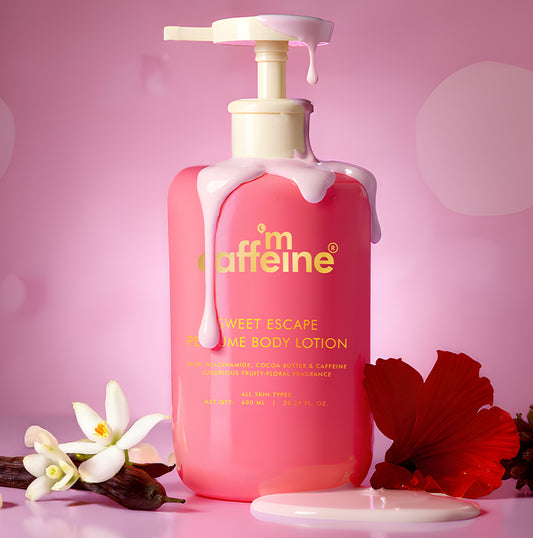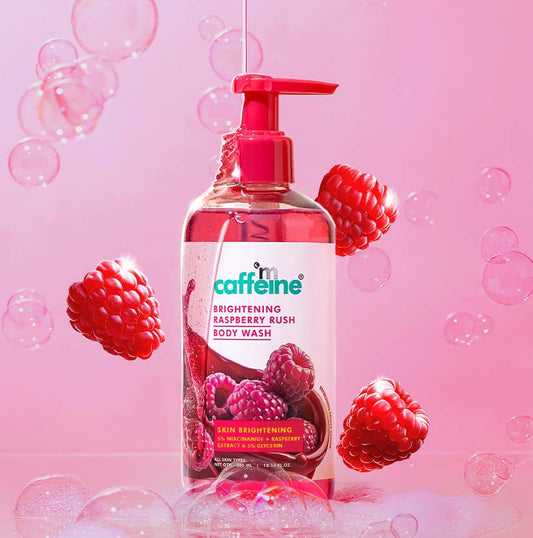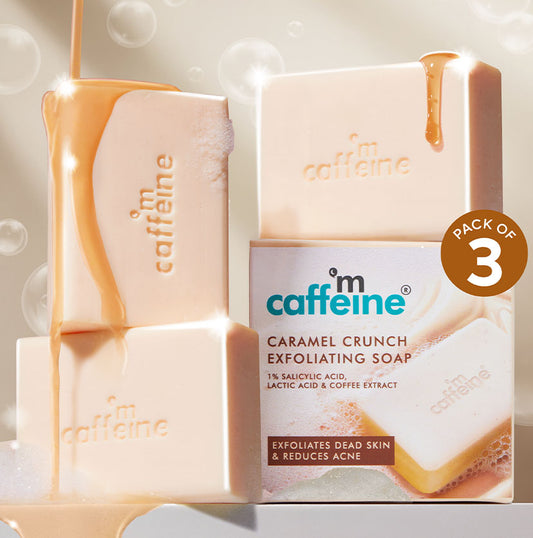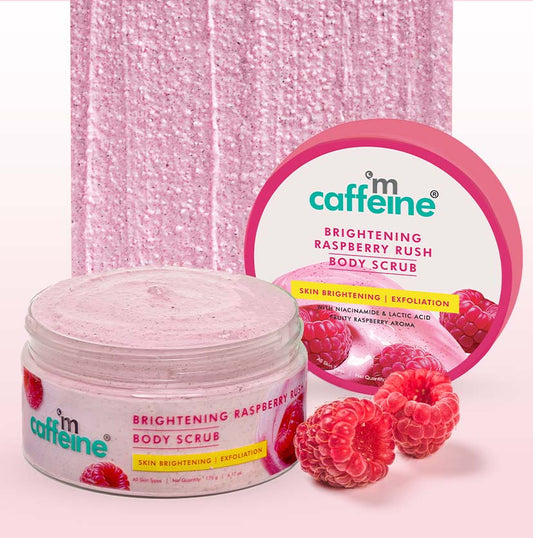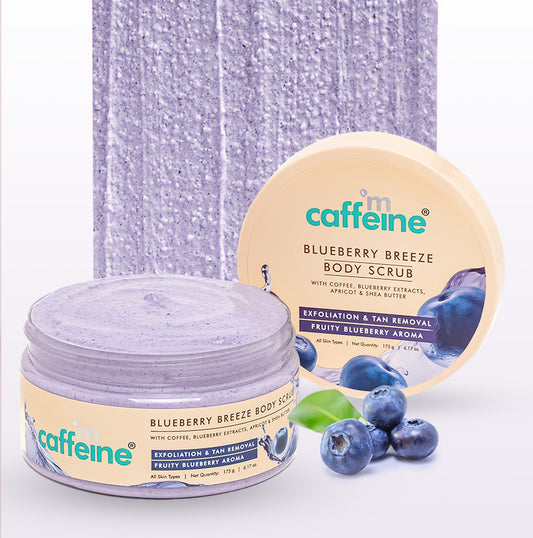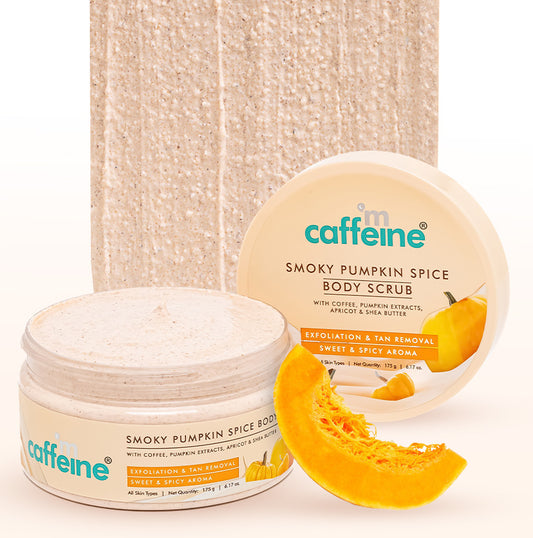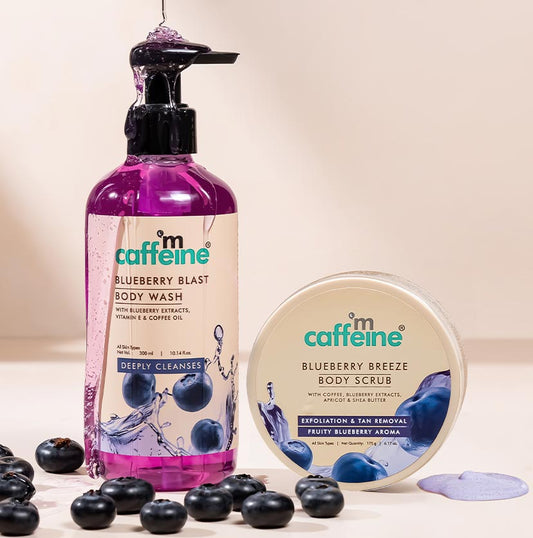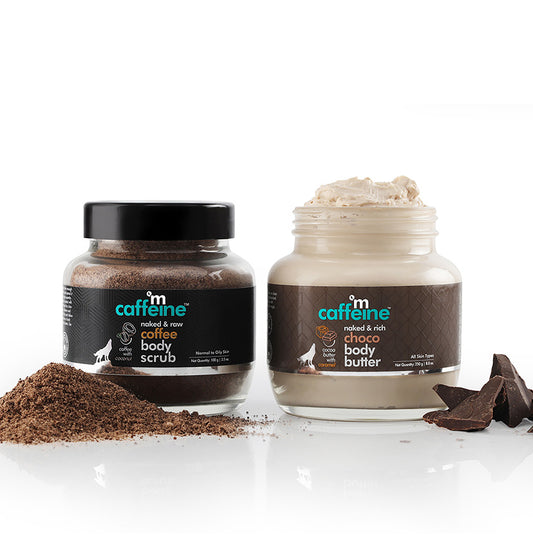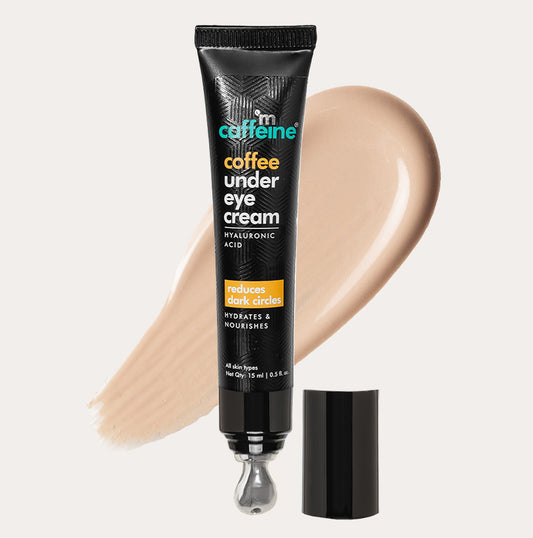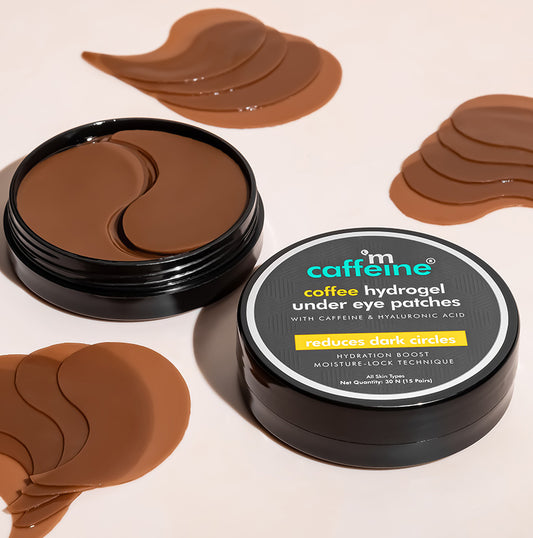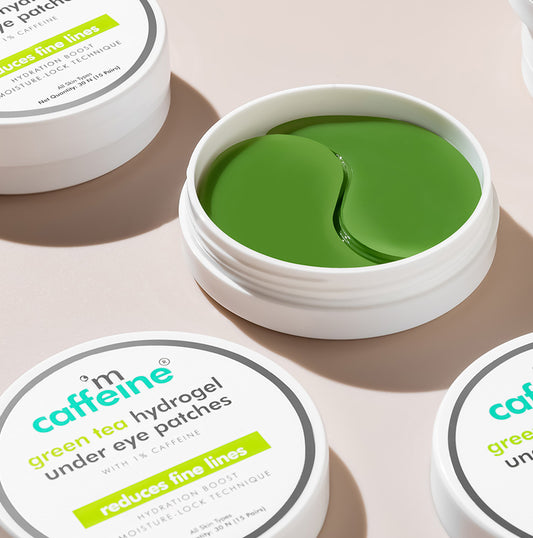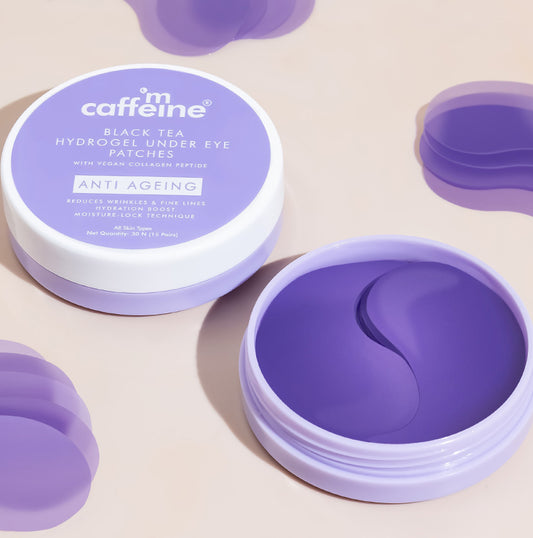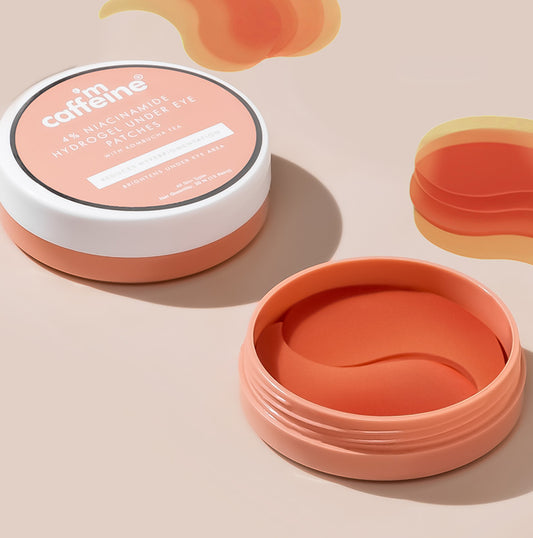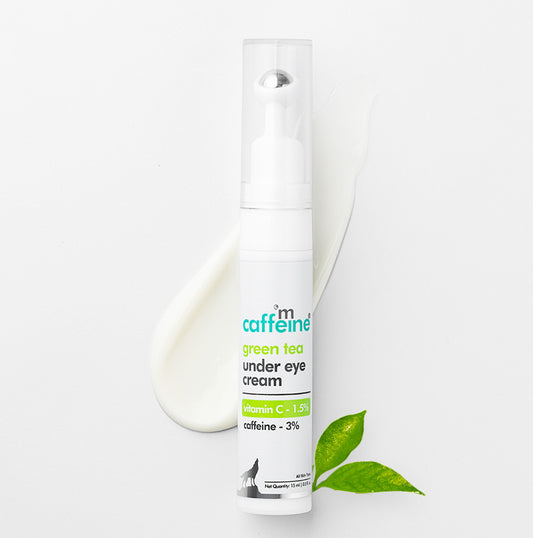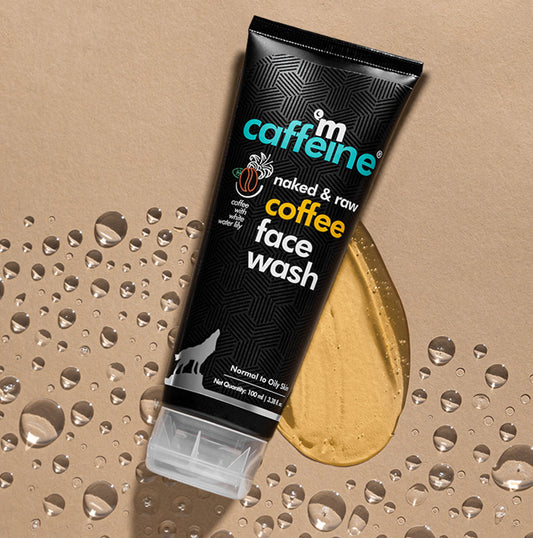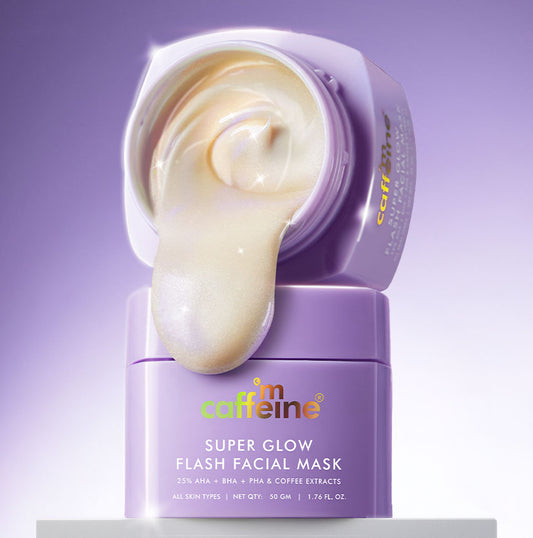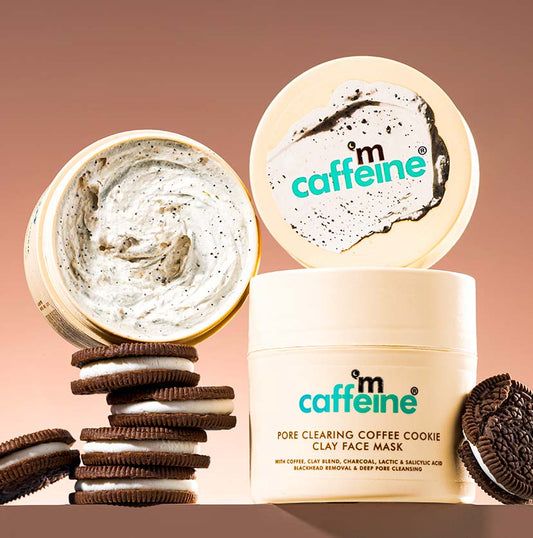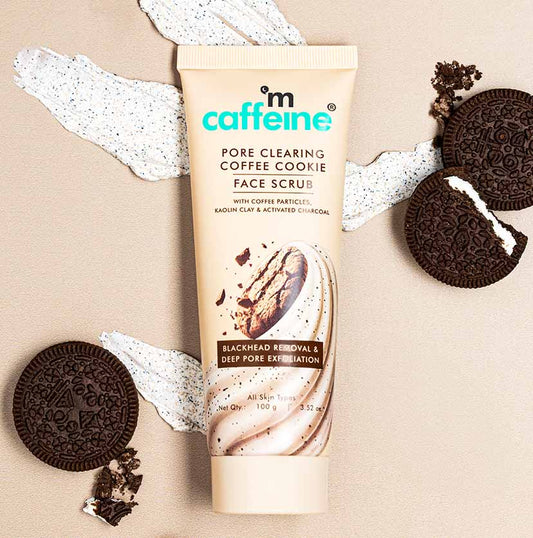Effective Tips To Get Rid Of Dandruff In Monsoon
11 Jul 2022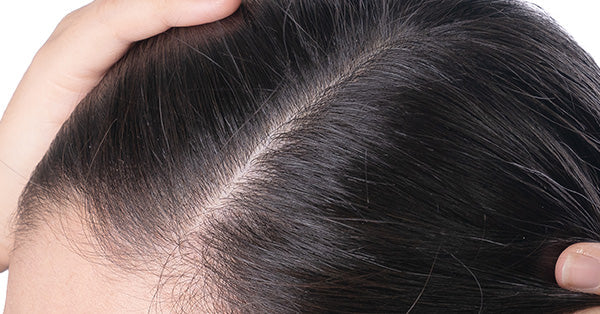
Welcome to the season of showers! Monsoon has arrived, and whether you embrace its refreshing downpours or find yourself dodging raindrops, one thing is certain: it's impossible to avoid it. While the rainy season may provide the perfect excuse to cozy up indoors with a captivating book and a steaming cup of coffee, there's a particular hair concern that accompanies this time of year—Dandruff.
What’s Dandruff?
Dandruff is more than just those pesky white or yellowish flakes that settle on your hair & shoulders; it's a scalp condition that affects many of us. Characterized by itchiness in the scalp it often leads to an overall lack of confidence. Dandruff occurs when the scalp's natural process of shedding dead skin cells becomes imbalanced, leading to excessive production of skin cells.
We're here to delve into the causes, remedies, and prevention strategies to help you bid farewell to dandruff and say hello to a healthier, flake-free scalp. Let's get to the root of the matter together!
What Causes Dandruff In The Monsoon?
Unlocking the enigma of dandruff, let's scrabble into the intriguing question - Why Does Dandruff Happen? And especially during the whimsical monsoon season? Dandruff can occur due to various reasons, and the monsoon season presents a unique set of conditions that can exacerbate its occurrence. Here are some key factors that contribute to dandruff during the monsoon:
1. Humidity: Monsoon brings high levels of humidity, which can lead to excessive sweating on the scalp. This sweat, when combined with oil and dirt, creates an ideal environment for the growth of yeast-like fungi called Malassezia. These fungi are naturally present on the scalp, but their overgrowth can cause irritation and trigger dandruff.
2. Poor Hygiene: In the monsoon season, due to the constant exposure to rainwater and increased humidity, some people may neglect proper hair care practices. Infrequent washing, improper drying of hair, and lack of cleanliness can contribute to the accumulation of dirt, oil, and dead skin cells, promoting dandruff formation.
3. Weakened Immune System: Seasonal changes, including the monsoon, can weaken the body's immune system, making the scalp more susceptible to infections and dandruff-causing fungi.
4. Stress: The monsoon season is often associated with mood fluctuations and increased stress levels. Stress can disrupt the body's hormonal balance and affect the overall health of the scalp, leading to dandruff flare-ups.
Understanding these factors helps us grasp why dandruff tends to be more prevalent during the monsoon season. By addressing these causes and adopting proper hair care practices, we can minimize the impact of dandruff and maintain a healthy scalp despite the challenges of the rainy season.
How To Prevent Dandruff In Monsoon?
It's time to arm yourself with knowledge on how to keep dandruff at bay during this season. By implementing a few simple practices, you can safeguard your scalp and bid farewell to those pesky white flakes. Here are some valuable tips on how to prevent dandruff in monsoon and maintain a healthy, flake-free scalp:
1. Maintain Scalp Hygiene: Regularly cleanse your scalp with a mild, anti-dandruff shampoo to remove excess oil, dirt, and dead skin cells. Gently massage your scalp while washing to improve blood circulation and ensure thorough cleansing.
2. Keep Your Hair Dry: After getting caught in the rain, make sure to dry your hair thoroughly. Avoid leaving your hair damp for extended periods as it can create a favorable environment for fungal growth. Use a soft towel or a blow dryer on a low heat setting to dry your hair gently.
3. Eat a Balanced Diet: Ensure a nutritious diet rich in vitamins, minerals, and essential fatty acids to promote a healthy scalp and hair. Include foods like fruits, vegetables, whole grains, lean proteins, and omega-3 fatty acids. Stay hydrated by drinking an adequate amount of water throughout the day.
4. Manage Stress: Practice stress management techniques like meditation, yoga, or deep breathing exercises to keep your stress levels in check. High stress can trigger dandruff flare-ups, so make self-care a priority during the monsoon season.
5. Choose the Right Hair Products: Select hair care products that are specifically formulated to combat dandruff and suit your scalp type. A coffee-infused scalp scrub for dandruff will not only remove the flakes and allow your scalp to breathe but will also stimulate the hair roots and improve blood circulation to give you a relaxing shower experience.
6. Avoid Sharing Personal Items: Steer clear of sharing combs, hairbrushes, or towels with others, as it can transfer fungal infections and aggravate dandruff problems.
By incorporating these preventive measures into your hair care routine, you can keep dandruff at bay and enjoy a monsoon season free from scalp discomfort and flaky woes.
Why does hair fall in the rainy season? Exploring the causes and solutions
Why Does Hair Fall In The Rainy Season?
As the raindrops cascade from the sky, another concern accompanies the monsoon season: hair fall. It's a frustrating phenomenon that leaves many wondering, why hair falls in the rainy season. Let's unravel the reasons behind this common issue and discover effective solutions to combat it.
1. Increased humidity: The rise in humidity during the rainy season affects the scalp's moisture balance. Excessive moisture can weaken the hair strands, making them more prone to breakage and fall out.
2. Fungal infections: The dampness and humidity in the rainy season create an ideal breeding ground for fungal infections, such as ringworm. These infections can damage the hair follicles, leading to hair fall.
3. Weakened roots: Continuous exposure to rainwater, combined with the presence of pollutants and impurities, weakens the hair roots. This can cause hair fall and make the hair more susceptible to damage.
How To Get Rid Of Hair Fall During Monsoon?
Now that we understand why hair fall occurs during the rainy season, let's explore some effective solutions to minimize its impact:
1. Keep your scalp clean and free from dirt, oil, and fungal infections.
2. Avoid going to bed or tying your hair when it's wet.
3. Consume a balanced diet rich in vitamins, minerals, and proteins to promote healthy hair growth.
4. Shield your hair from rainwater and pollutants by wearing a hat or using an umbrella.
5. If you're experiencing severe hair fall, consult a dermatologist or trichologist for a thorough evaluation and personalized treatment plan.
Remember, the answer to why hair falls in the rainy season lies in maintaining scalp hygiene, protecting your hair from excessive moisture, and taking care of your overall well-being.
Conclusion
To prevent dandruff during the monsoon, maintaining scalp hygiene, keeping the hair dry, following a balanced diet, managing stress levels, and choosing suitable hair care products are essential. By incorporating these tips into our hair care routine, we can bid farewell to dandruff and enjoy a healthy, flake-free scalp throughout the rainy season. Similarly, to tackle hair fall during the monsoon, it's crucial to address the increased humidity, fungal infections, and weakened hair roots. By keeping the scalp clean, avoiding wet hair, nourishing the body with a balanced diet, protecting the hair from rainwater and pollutants, and seeking professional help if needed, we can minimize hair fall and promote healthier hair growth. So, as you embrace the monsoon season, armed with these effective tips and remedies, bid adieu to dandruff and hair fall worries.
FAQ
Q1. How to deal with dandruff in monsoon?
During the monsoon, keep your scalp clean and dry to prevent dandruff. Use an anti-dandruff shampoo containing ingredients like zinc pyrithione or ketoconazole twice a week. Avoid oily hair products and maintain a balanced diet rich in vitamins and minerals.
Q2. How to get rid of dandruff in humid weather?
To combat dandruff in humid weather:
- Wash your hair frequently with an anti-dandruff shampoo
- Use a microfiber towel to dry your hair thoroughly
- Avoid using hair styling products that can build up on the scalp
- Keep your scalp moisturized with coconut oil or aloe vera gel
- Maintain a healthy lifestyle and manage stress levels
Q3. Is dandruff common in the rainy season?
Yes, dandruff is more common during the rainy season due to high humidity levels. Moisture can cause the scalp to become a breeding ground for dandruff-causing fungi, leading to an increase in dandruff and itchiness.
Q4. How to stop hair fall during monsoon?
To minimize hair fall during the monsoon, keep your scalp clean and use a gentle, sulfate-free shampoo. Condition your hair regularly and avoid using heat styling tools. Consume a balanced diet, stay hydrated, and consider using a hair serum or leave-in conditioner to protect your hair from humidity.
Q5. Can home remedies help control dandruff during the monsoon?
Yes, home remedies can be effective in managing dandruff during the monsoon. Apply a mixture of lemon juice and coconut oil to your scalp, or use a fenugreek seed and yogurt hair mask. Neem and tea tree oil are also known for their antifungal properties, which can help combat dandruff-causing fungi.







